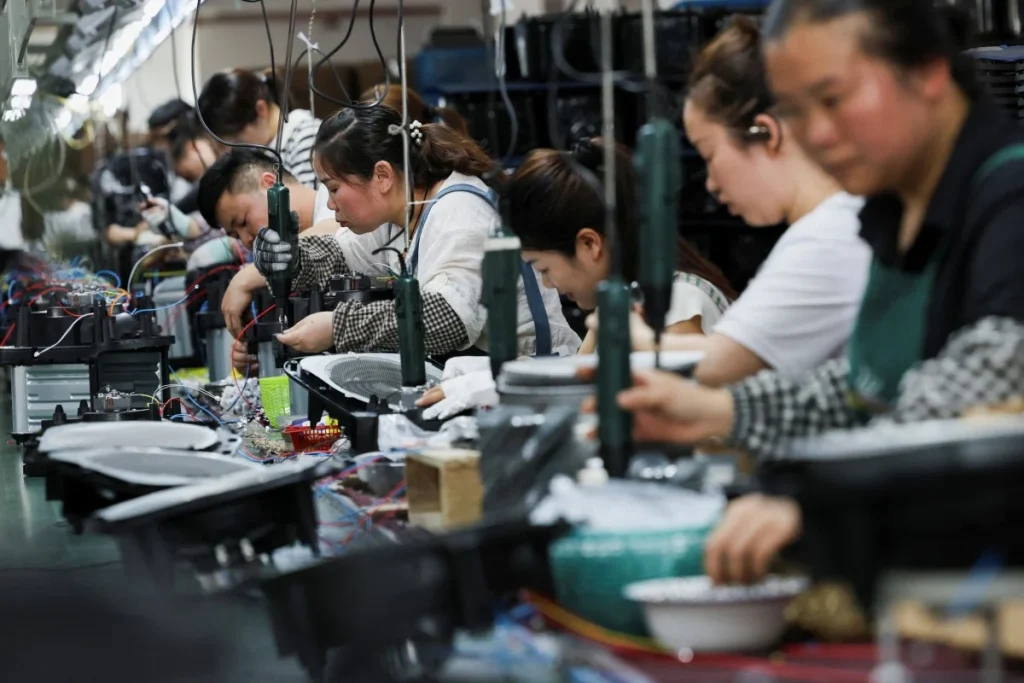The United States has recently banned several Chinese labs from testing electronics that are sold in the US. These labs were labeled as security risks by the US Federal Communications Commission. The move is part of Washington’s effort to reduce its dependence on Chinese technology and protect national data. However, this decision might also result in higher prices and fewer choices for American consumers.
The banned Chinese labs had been responsible for checking the safety and quality of devices like smartphones, laptops, and routers before they were sold in the United States. With these labs out of the picture, electronics companies must now find new testing facilities in other countries. This could slow down the testing process, increase costs for companies, and lead to more expensive products on US store shelves.
Many experts say the impact will be most noticeable for devices that rely on cost-effective production and fast supply chains. These are often mid-range or budget electronics that previously depended on Chinese labs for quick approvals. With fewer low-cost testing options available, some companies might raise their prices or delay new product launches.
Chinese tech makers such as Huawei, Lenovo, and Xiaomi may feel some effect from the ban, but the overall damage could be limited. That’s because many global companies already test their products in several countries to meet international rules and avoid depending on just one location. The parts that go into a single phone or computer often come from many sources and go through multiple quality checks across regions.
Still, the decision by the US government adds more pressure on China in an already tense technology relationship. Over the past few years, Washington has issued several bans and restrictions on Chinese firms, especially those in the semiconductor and telecom industries. These actions are meant to reduce the risk of cyber threats and foreign surveillance.
The Federal Communications Commission believes that allowing certain Chinese labs to handle US-bound electronics could expose American systems to hacking or spying. By removing these labs from the list of approved testing bodies, the FCC aims to cut off any possible route for security threats to enter the country through consumer electronics.
This policy shift may encourage global tech companies to move more of their supply chains to other countries. India, Vietnam, and Mexico are seen as likely alternatives where new testing labs may open. These regions already offer cheaper labor and growing tech sectors. Still, setting up new labs takes time and investment, which could increase production costs in the short term.
Some industry watchers worry that more rules and trade barriers could slow down innovation. If companies have to spend more time and money on compliance and testing, it might take longer to bring new ideas to market. This could hurt both American and Chinese firms that rely on fast development and global cooperation.
For US shoppers, the biggest changes may be higher prices and longer wait times for new gadgets. While premium electronics might not feel much impact at first, lower-cost devices could become less available or more expensive. Over time, this could reduce the range of products available in the US market.
The situation is still developing. It is not yet clear how tech companies will adjust their operations or how fast new testing systems can be put in place. However, it is certain that this move marks another step in the growing divide between the US and China in the world of technology.















